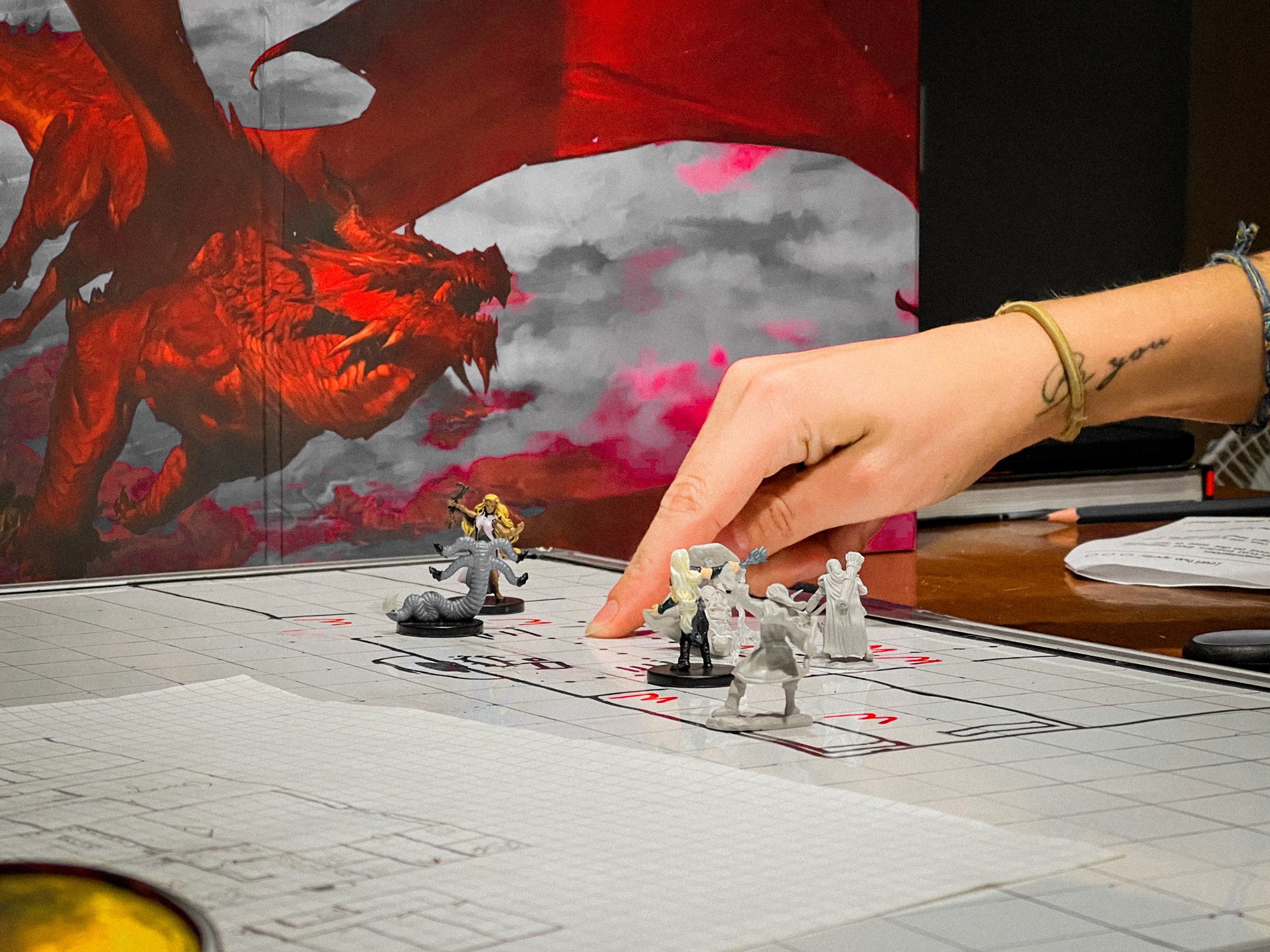Walt Disney's (DIS +3.57%) Frozen 2 is a huge box office success, blowing past expectations as the film with the highest grossing weekend in Thanksgiving history. It brought in $123.7 million in the U.S. over the five-day Thanksgiving weekend, and it now holds the title of biggest global opening ever for an animated film.
While Disney investors are cheering, Hasbro (HAS +1.76%) will likely also benefit as the owner of the licensing rights for Frozen 2 merchandise. However, Hasbro shares took a beating after its earnings report in October came in below expectations. Could it be an opportune time to buy shares of Hasbro and share in the Frozen 2 profit blizzard?

Image source: Disney.
Will Frozen 2 toys help boost Hasbro's sales?
Wall Street analysts' channel checks show a pickup for Hasbro, partly on higher sales of Frozen 2 dolls. UBS upgraded Hasbro stock to buy from neutral in late November. When the first Frozen film hit theaters in 2013, demand for the movie-themed toys was so great that suppliers couldn't keep up. Now, Frozen 2 is breaking more records, and franchise-related toy sales will likely boom again. Analysts estimate that sales of Frozen 2 dolls could be worth about $500 million.
More upside could come from the toy market in China, where Frozen 2 now holds the title for Disney's biggest opening weekend in China for an animated film. This bodes well for Hasbro, as the toy market in China is expanding.
Separate from Frozen 2 merchandise, Hasbro is also the exclusive producer of Star Wars toys. With Star Wars: Rise of Skywalker set for release on Dec. 19, Hasbro has another potential revenue tailwind. In the same universe, "Baby Yoda" toys from the new Disney+ TV series The Mandalorian are generating a lot of excitement. The series began streaming in November, and the toys will be available next year.
Future growth opportunities for Hasbro
Hasbro's third-quarter results were disappointing, with the company missing both revenue and earnings expectations by a significant margin. Shares fell over 20% in the weeks following the report. Net revenue in North America was down 2% year over year, but the drop wasn't due to execution but rather factors outside the company's control. Management noted that much of the top line shortfall was due to tariffs and likely short-term in nature. Many of Hasbro's retail partners canceled direct import orders, rewriting them as domestic shipments. But the toy maker was not able to replan and ship all orders within the quarter due to much of its inventory being in Asia.
While there will likely be some continued disruption in the fourth quarter due to tariffs, CEO Brian Goldner noted during the earnings call that the company is "on track to achieve our target of sourcing 50% for the U.S. out of China by year-end 2020." The company is having success shifting to other countries like Vietnam and India.
One bright spot during the quarter was partner brand revenue, which was up 40%. This strength is expected to continue, given the push from Star Wars and other brands like Transformers and My Little Pony. In fact, the latter is now a "global lifestyle franchise with billions in retail sales," according to management.
Valuation and risks
Shares are trading at 24 times forward earnings estimates, slightly higher than the consumer discretionary sector's P/E of 23 times and the S&P 500's P/E of 19 times.
There are risks around the trade war and how it could contribute to a lackluster holiday season. The holiday shopping season is also six days shorter this year because of how late Thanksgiving fell on the calendar.
However, looking past the sales disruption from tariffs, shares of Hasbro look appealing because of its strong partnership opportunities and the recent sell-off. The toy company should continue to see sales strength, especially in its partner brand segment, which has a number of popular and blockbuster franchises to keep momentum strong for the toy company.






